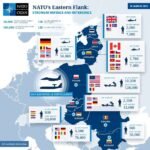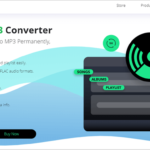The phosphate industry was revived. Exports increased. But even in 1968, people in Nauru were given very little money compared to the money earned by the companies by exporting the resources of the country. In 1964, the Australian government offered To shift the people living in Nauru to a nearby island And to give them Australian citizenship. But they didn’t want to lose their unique identity. They wanted sovereignty. This is why, in January 1968, they finally won their independence. Nauru became an independent country.
After the independence, the politicians in Nauru continued with the business of phosphate mining, Ignoring the negative impact it had on their country. More than half of the land on this small island was reserved for phosphate mining. Residential land kept shrinking. But to escape from this greed for money proved to be very difficult for these politicians. Mining continued. Their GDP per capita increased.

In 1975, Nauru became the second richest country in the world based on the GDP per capita. Back then, only Saudi Arabia was richer. Obviously, it is important to note that this didn’t mean. That every person living here was suddenly rich and living a luxurious life. GDP per capita is a hypothetical number which shows That if the total GDP is equally distributed among all citizens. How much would each citizen have?




